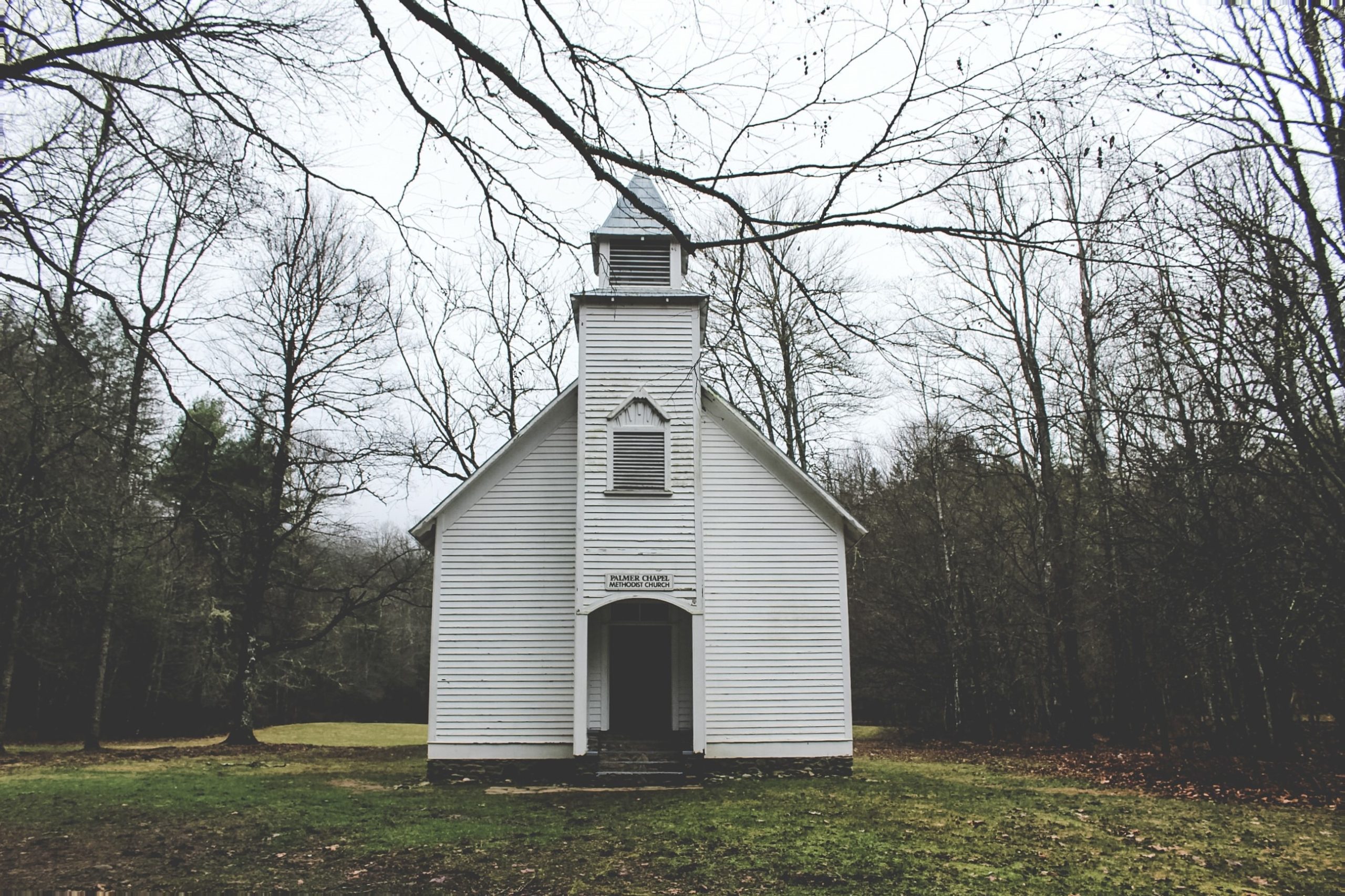
Willie R. Tubbs, FISM News
[elfsight_social_share_buttons id=”1″]
A judge in Baton Rouge, Louisiana, has ruled that the state’s court has no jurisdiction to interfere if churches in the state’s Methodist Conference wish to leave.
Late last month, District Court Judge Kelly Balfour rejected a group of nine clergy who sued the Louisiana Conference and the organization’s board of trustees to prevent numerous Methodist churches from casting disaffiliation votes.
The clergy argued the processes in place for disaffiliation were unfair. Judge Balfour, though, ruled that any action on the part of the state court would be unconstitutional and cited the long-held law of separation of church and state in her decision.
“Besides the First Amendment arguments, which clearly applied in this case, the Louisiana Conference strongly believes that our disaffiliation process is faithful to the Book of Discipline and fair to all congregations entering discernment,” Bishop Delores J. Williamston of the Louisiana Conference said in a statement. “We love and respect those who brought this action to the courts and will continue to ensure this process is carried out fairly and faithfully.”
COURTS STAYING OUT OF CHURCH MATTERS
Courts have long been hesitant to involve themselves in ecumenical matters, barring an action on the part of a religious body that constitutes a violation of another person or organization’s rights.
Churches entering or exiting a denomination pose no immediate threat to anyone’s rights, but the clergy argued that the processes being used by the congregations were flawed, the hope being that the court would find that the process was egregious enough to warrant judicial intervention.
However, a major mark against the clergy in the case was that the congregation whose process the clergy cited as an example filed a counterclaim saying that it had followed the rules laid out by the conference.
The Natchitoches News Journal, which shared copies of numerous relevant court filings, reported that First United Methodist Church of Shreveport, which is located in Northwest Louisiana, argued that its process was fair and that its planned disaffiliation vote should be allowed to proceed on April 16.
As FISM News reported last year, the Louisiana Methodist Conference has been hemorrhaging members since last year, almost exclusively over the issue of allowing practicing homosexuals from becoming ordained.
Last November, the Post reports, 58 churches voted to disaffiliate, leaving Louisiana with 379 affiliated United Methodist churches. Nationwide, some 1,800 congregations have disaffiliated, many for the purpose of affiliating with the Global Methodist Church. More than 100 churches in Florida have also voted to leave the United Methodist Conference.
It is unclear how many more congregations intend to disaffiliate in Louisiana, but one can presume from the urgency with which the clergy have acted that the number is substantial.
AN ODD CHOICE FOR CLERGY
Biblically speaking, clergy suing congregations rings strangely. The general guidance of the New Testament is that believers should not sue one another. However, it appears the nine clergy have determined 1 Corinthians 6:1-11 to be inapplicable to the present matter.
The Word of God is unambiguous when it comes to believers suing one another “before unbelievers.”
Paul writes in his epistle that, even if one feels wronged by a fellow believer, it is better to deal with the matter within the church rather than seek the authority of the world.
“If then you have judgments concerning things pertaining to this life, do you appoint those who are least esteemed by the church to judge?” Paul writes. “I say this to your shame. Is it so, that there is not a wise man among you, not even one, who will be able to judge between his brethren? 6 But brother goes to law against brother, and that before unbelievers!” (1 Corinthians 6:4-6).
In a strange way, Balfour upheld the Word in her ruling, which the Natchitoches Parish Journal reported included an observation that “the United Methodist Church has its own court to address such issues.”
